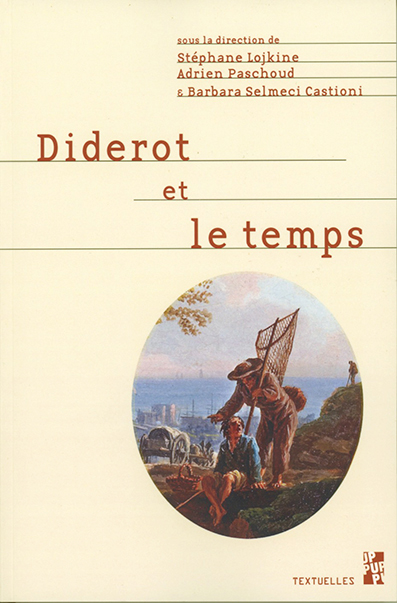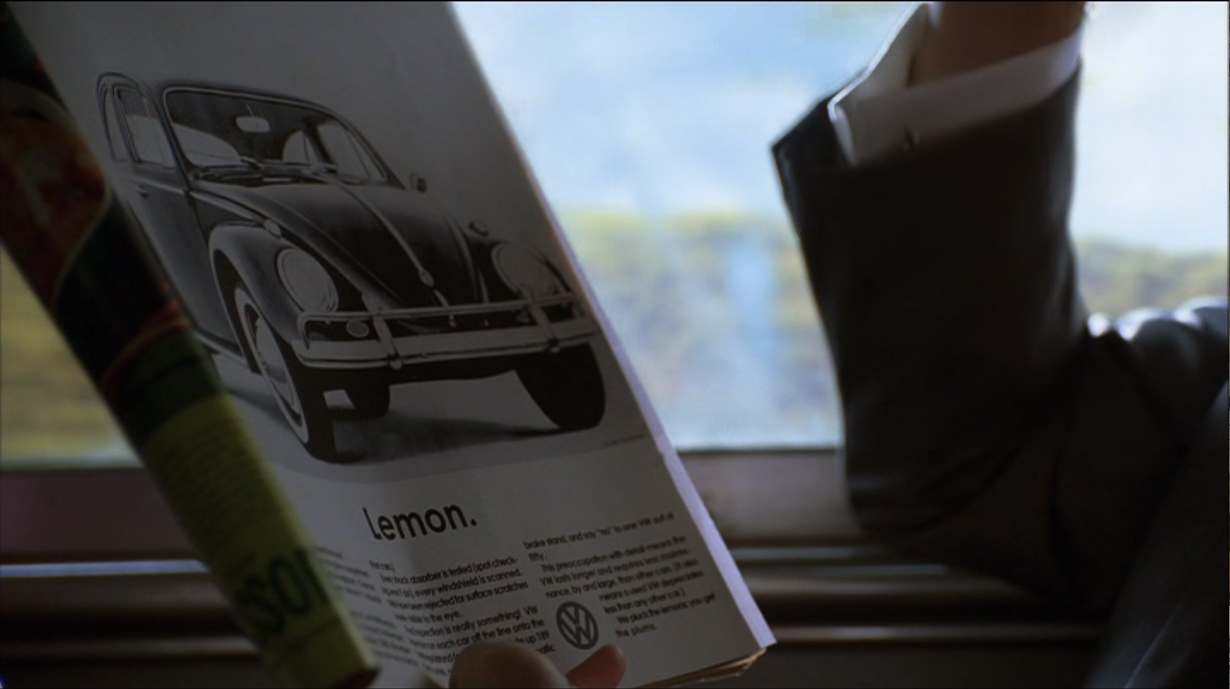[Rubrique (article)] The painting trade in Diderot's Salons
The institution of the Salons by the Académie royale de peinture, at the turn of the 17th and 18th centuries, probably did not have an economic objective from the outset : the king created academicians ; it was up to the academicians to offer in return the beginnings of their productions to...
[Rubrique (article)] Le commerce de la peinture dans les Salons de Diderot
L’institution des Salons par l’Académie royale de peinture, au tournant du XVIIe et du XVIIIe siècles, n’avait probablement pas dès l’origine un objectif économique : le roi créait des académiciens ; il revenait aux académiciens d’offrir en retour les prémices de leurs productions au roi...
[Rubrique (article)] Time as a refusal of refiguration
 Paul Ricœur's Temps et récit trilogy...
Paul Ricœur's Temps et récit trilogy...
[Rubrique (article)] Le temps comme refus de la refiguration
 La trilogie Temps et récit de Paul Ricœur...
La trilogie Temps et récit de Paul Ricœur...
[Rubrique (article)] History, procedure, vicissitudes
No doubt Diderot1 has long been noted for a narrative practice and a form of thought based on a very particular relationship to time, a discontinuous time, heterogeneous,...
[Rubrique (article)] Histoire, procédure, vicissitude
Sans doute Diderot1 s’est-il fait remarquer depuis longtemps par une pratique narrative et une forme de pensée qui reposent sur un rapport très particulier au temps, un...
[Rubrique (article)] Iconology of the mystical fable
There's a consubstantial unrepresentability to the mystical fable, founded on the experience of night, confrontation with the invisible, the eccentric experience of the collapse of the codes and institutions of the sign. The fable itself, defined in the classical language as " tale...
[Rubrique (article)] Iconologie de la fable mystique
Il y aurait une irreprésentabilité consubstantielle de la fable mystique, fondée sur l’expérience de la nuit, l’affrontement à l’invisible, l’expérience excentrique de l’effondrement des codes et des institutions du signe. La fable même, définie dans la langue classique comme « ...
[Rubrique (article)] Illustrations of utopia in the 18th century
The map as a denial of utopia
[Rubrique (article)] Illustrations de l'utopie au XVIIIe siècle
La carte comme dénégation de l’utopie
[Rubrique (article)] Model versus allegory
There's a paradox of allegory in the eighteenth century : on the one hand, allegory is completely deprecated it appears as an obsolete mode of expression, whose mechanisms are ostensibly incomprehensible. On the other hand, allegory has never been so widely used, in the theatre...
[Rubrique (article)] Le modèle contre l'allégorie
Il y a un paradoxe de l’allégorie au dix-huitième siècle : d’un côté, l’allégorie est complètement dépréciée ; elle apparaît comme un mode d’expression obsolète, dont les mécanismes se présentent ostensiblement comme incompréhensibles. D’un autre côté, jamais l’allégorie n’a été tant...
[Rubrique (article)] Mad men, The Marriage of Figaro
Montage and dismantling of the tableau

In...
[Rubrique (article)] Mad men, Les Noces de Figaro
Montage et démontage du tableau

Au commencement,...
[Rubrique (article)] Pictures arranged, scenes heard
Tables of man in the state of nature
Imagine an empty, purely conceptual space. In this space, the pure eye of the philosopher arranges the abstract figure of Man. Not a man, nor even an origin of man; but the conceptual plenitude of Man with a capital H. The eye examines this figure...
[Rubrique (article)] Tableaux disposés, scènes entendues
Tableaux de l’homme dans l’état de nature
Imaginons un espace vide, purement conceptuel. Dans cet espace, l’œil pur du philosophe dispose la figure abstraite de l’Homme. Non un homme, ni même une origine de l’homme ; mais la plénitude conceptuelle de l’Homme avec un grand H. L’œil...

